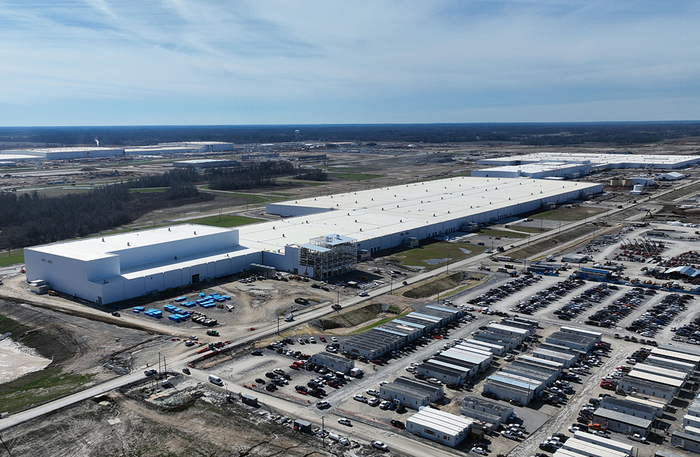Enlarge image
E-cars at the VW plant in Zwickau: According to the study, no more cars with internal combustion engines will be allowed to be registered by 2032
Photo: Jan Woitas / dpa
Faster coal phase-out, more speed in the expansion of green electricity, many more electric cars: With measures like these, climate experts believe it is possible that Germany will achieve the goal of climate neutrality as early as 2045.
The goal of politics for this has so far been the year 2050. Climate neutrality means that only as many greenhouse gases are emitted as nature and technical measures withdraw from the atmosphere.
Always stay up to date?
Driving reports, analyzes, the latest news: you won't miss any articles from the Mobility section of SPIEGEL.
How to enable your notifications
A target year brought forward by five years would save almost one billion tons of CO2 emissions, according to a study by the organizations Stiftung Klimaneutralität, Agora Energiewende and Agora Verkehrswende.
To do this, climate protection technologies such as energy efficiency, renewable energies, electrification and hydrogen would have to be ramped up even faster.
Necessary to phase out combustion engines from 2032
In order for Germany to become greenhouse gas neutral as early as 2045, road traffic would have to change significantly.
As early as 2032, cars with internal combustion engines will no longer be allowed to be registered.
In 2030 there should be 14 million electric cars instead of the ten million cars previously planned.
According to the study, almost all vehicles in the car fleet with internal combustion engines will have to be replaced by electric cars by 2045.
Goods are to be increasingly transported by rail.
According to the study, personal mobility will change: "People use public transport or bicycles significantly more and they walk more."
No coal power after 2030
Other sectors are also affected, so Germany would have to phase out coal-fired power generation by 2030; the target so far is 2038 at the latest. The study authors believe that significantly higher expansion rates are necessary for wind power and photovoltaics.
Hydrogen should become increasingly important and after 2040 replace natural gas as the most important energy source for controllable electricity generation - in times when there is neither sufficient solar nor wind energy available.
With a view to politics, the director of the Agora Energiewende think tank, Patrick Graichen, demanded that the "civil servant mentality" be abandoned.
So far, it has been regulated first and then invested.
This must be reversed.
The director of the Climate Neutrality Foundation, Rainer Baake, said that absolute priority must be that industry no longer invest in fossil technologies, but in future technologies.
ene / dpa











